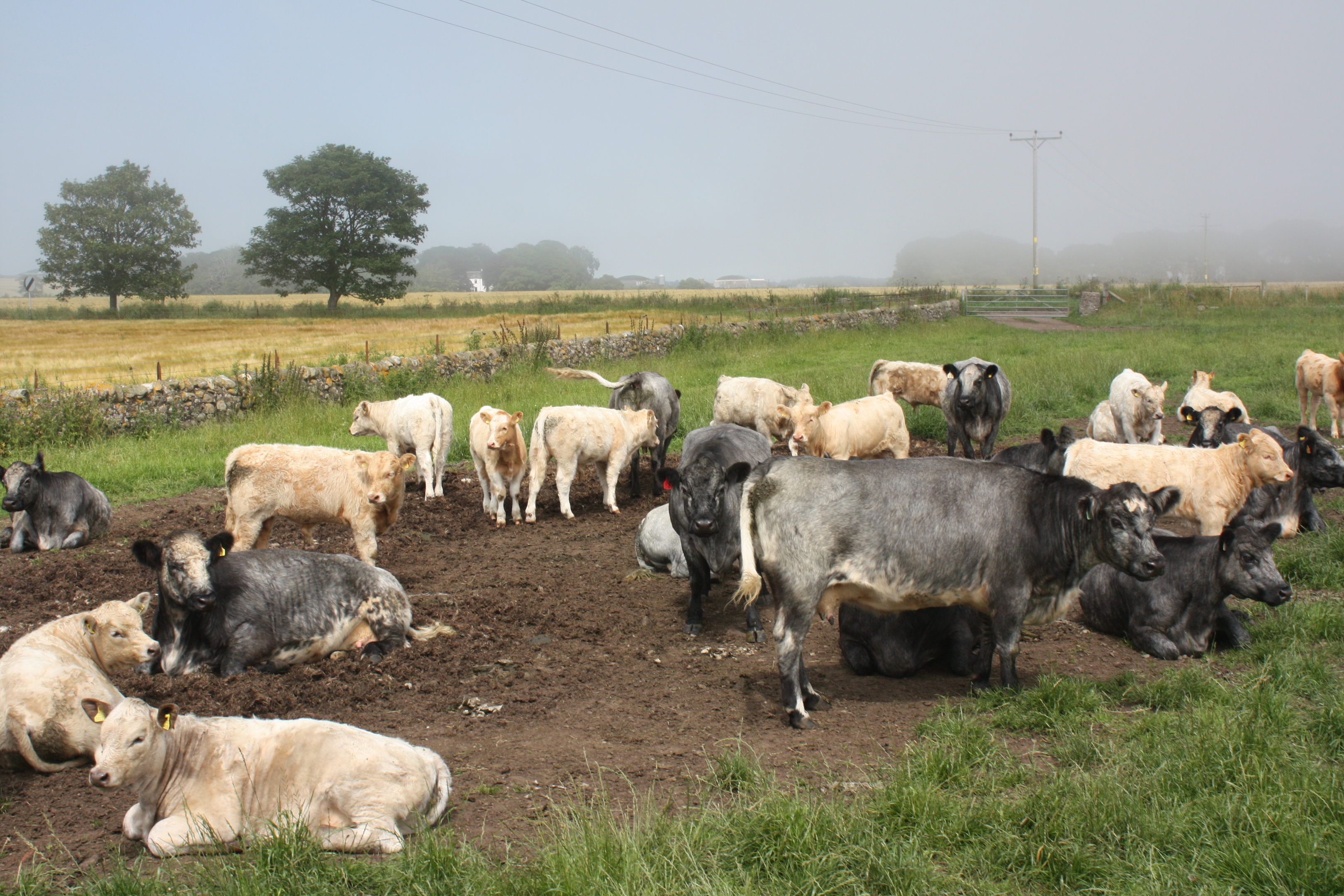Farming took centre stage in the referendum campaign yesterday with the SNP, Labour and Conservatives all focusing on potential opportunities and threats to the sector.
Former National Union of Farmers Scotland president Ian Grant, a Better Together supporter, said farmers were “completely in the dark” about what currency they would use in an independent Scotland and feared for the effects on trade.
But fellow past presidents John Ross, Jim Walker, John Kinnaird and John Cameron argued that independence would put the industry at the forefront of Scottish government thinking.
Rural Affairs Secretary Richard Lochhead said leaving the UK would provide rural and farming communities with “incredible opportunities”.
The Moray MSP said the industry had been “badly let down by a Westminster establishment that is obsessed with London and the south east”, and a Yes vote offered the chance to increase direct farm payments and rural development funding, provide direct representation in the European Union and encourage farm tenancies and new entrants.
Labour’s shadow Scottish secretary Margaret Curran insisted being part of the UK offered the best deal for thousands of people who live and work in rural communities.
“An international border between Scotland and the rest of the UK would mean more barriers to trade which would damage our economy,” she added.
Conservative MEP Ian Duncan claimed Scotland’s 12,000 beef farmers would face having to pay VAT on the sale of cattle if Scotland left the UK.
“Scottish farmers have a hard enough job as it is without extra costs,” he added.
“The UK has worked hard for decades to secure VAT exemptions, and farmers will be rightly worried about the risks of separation.”
